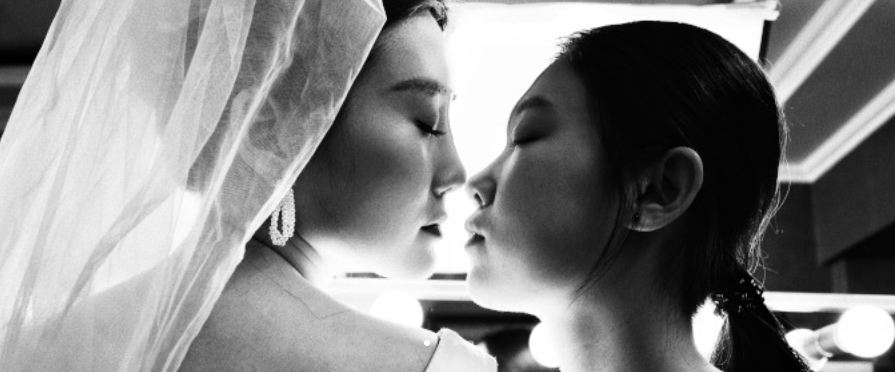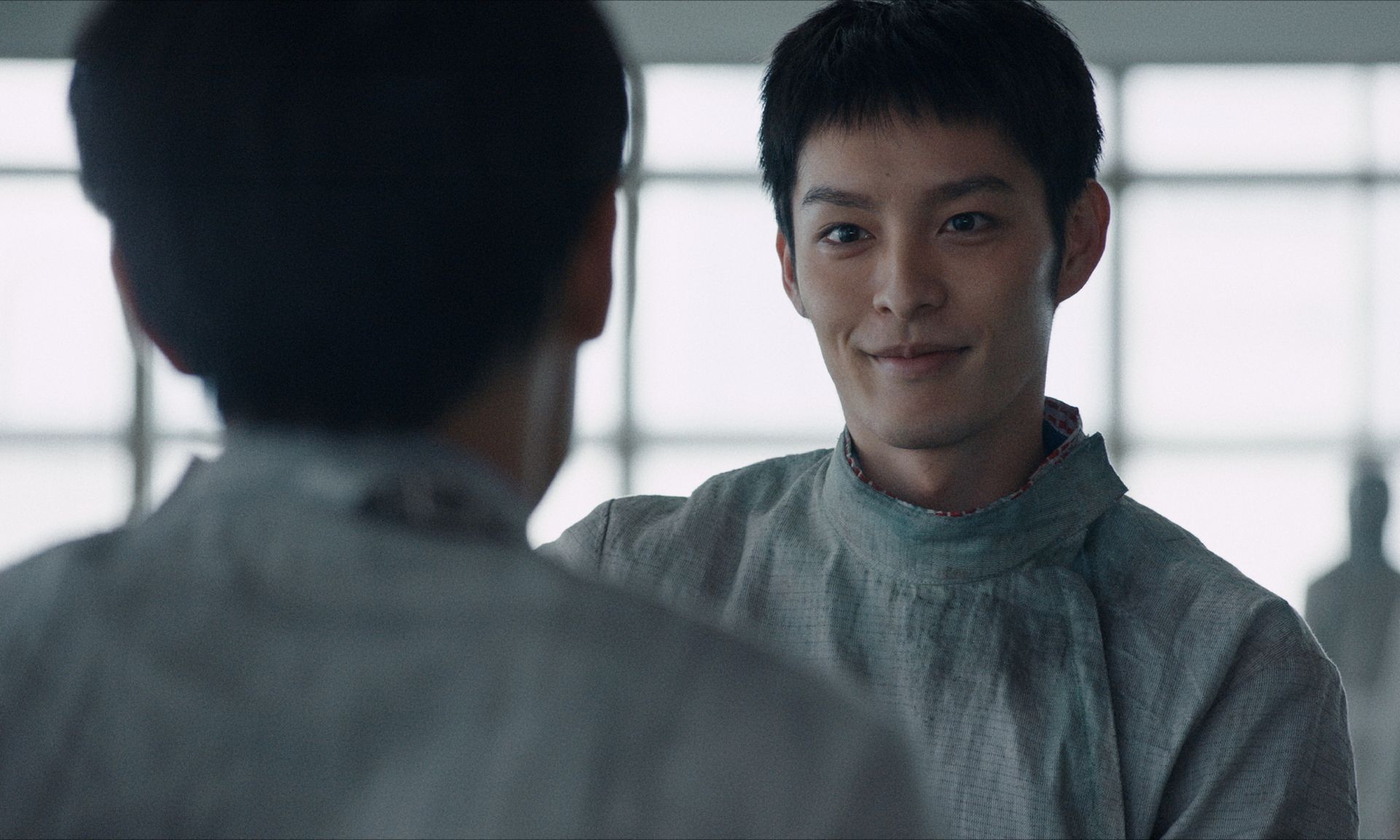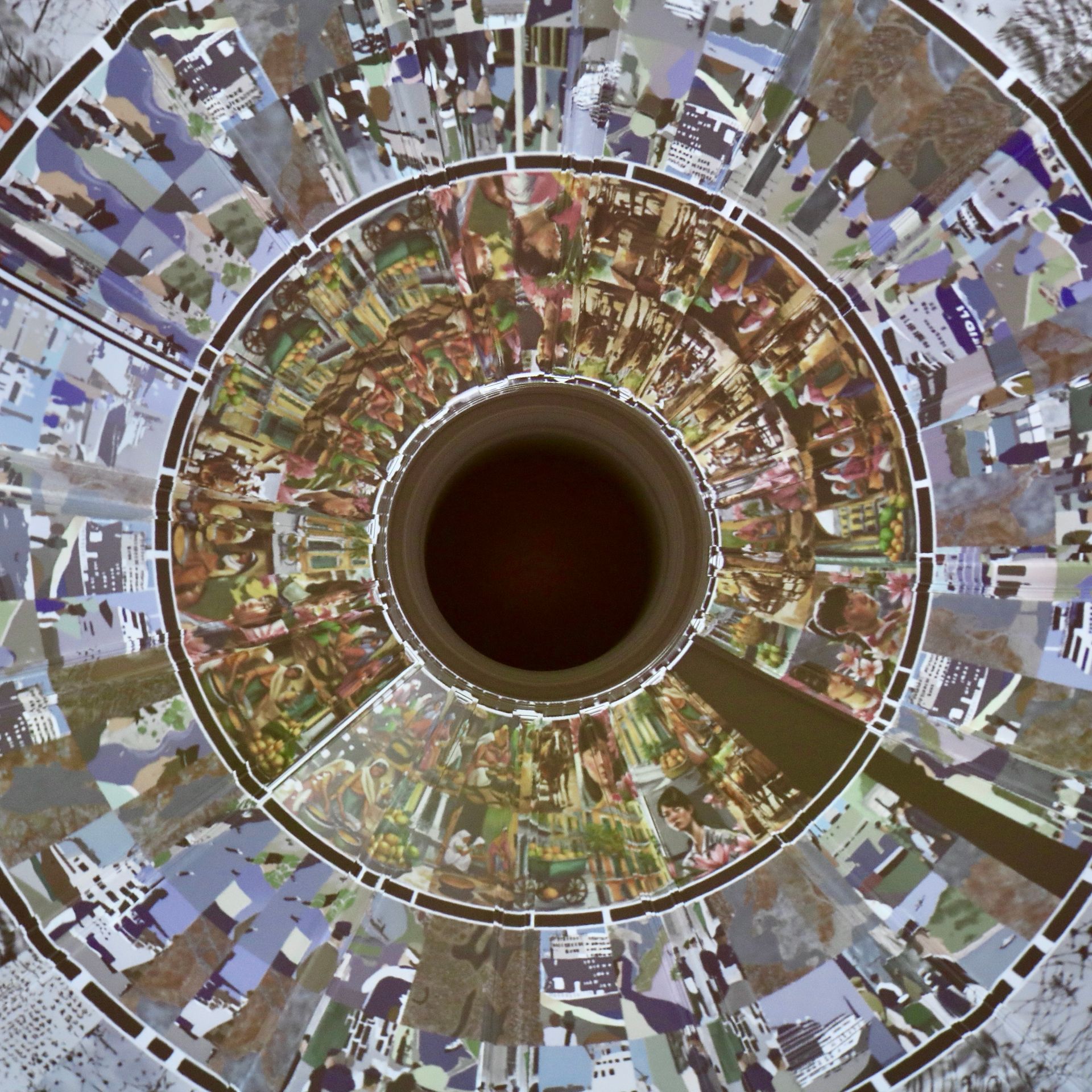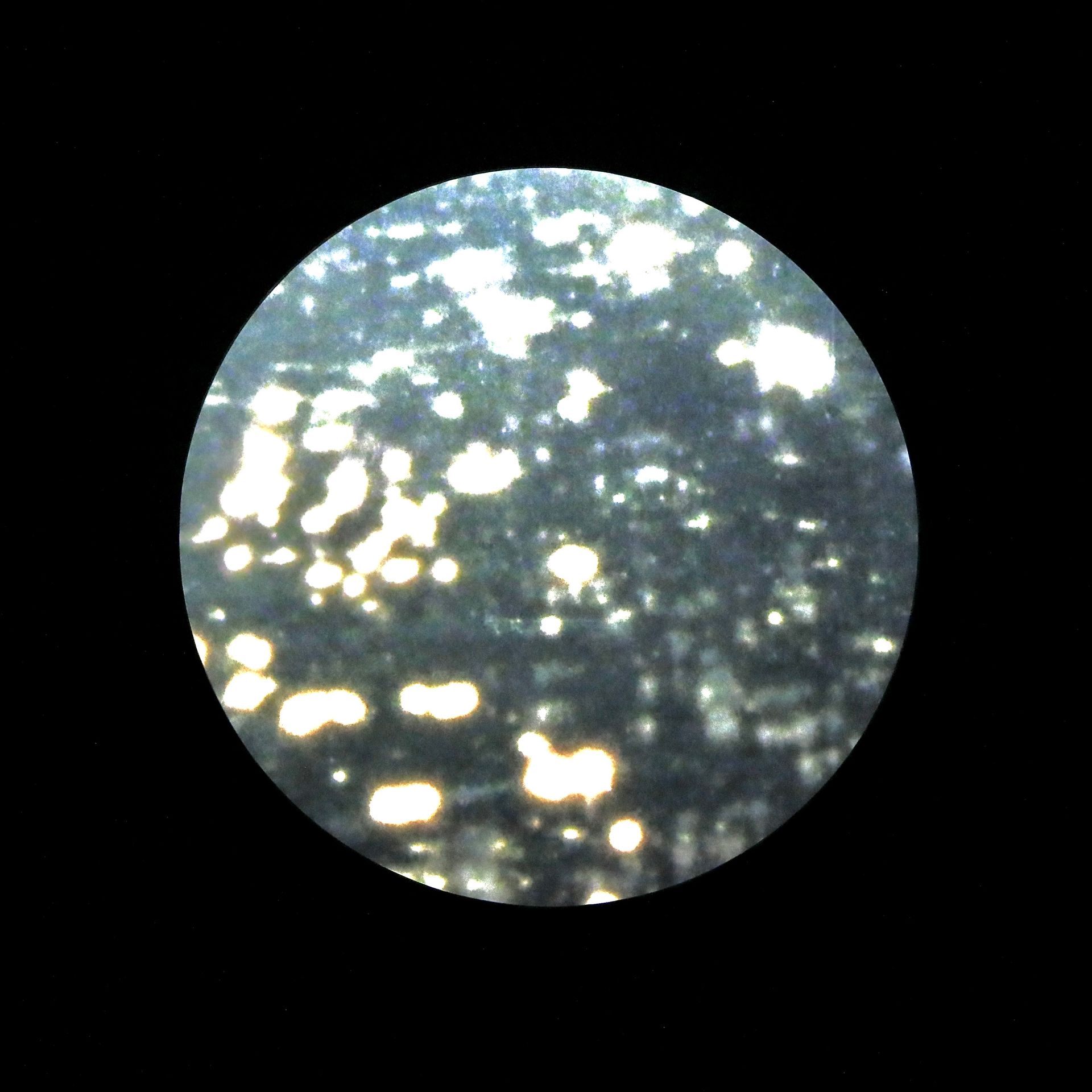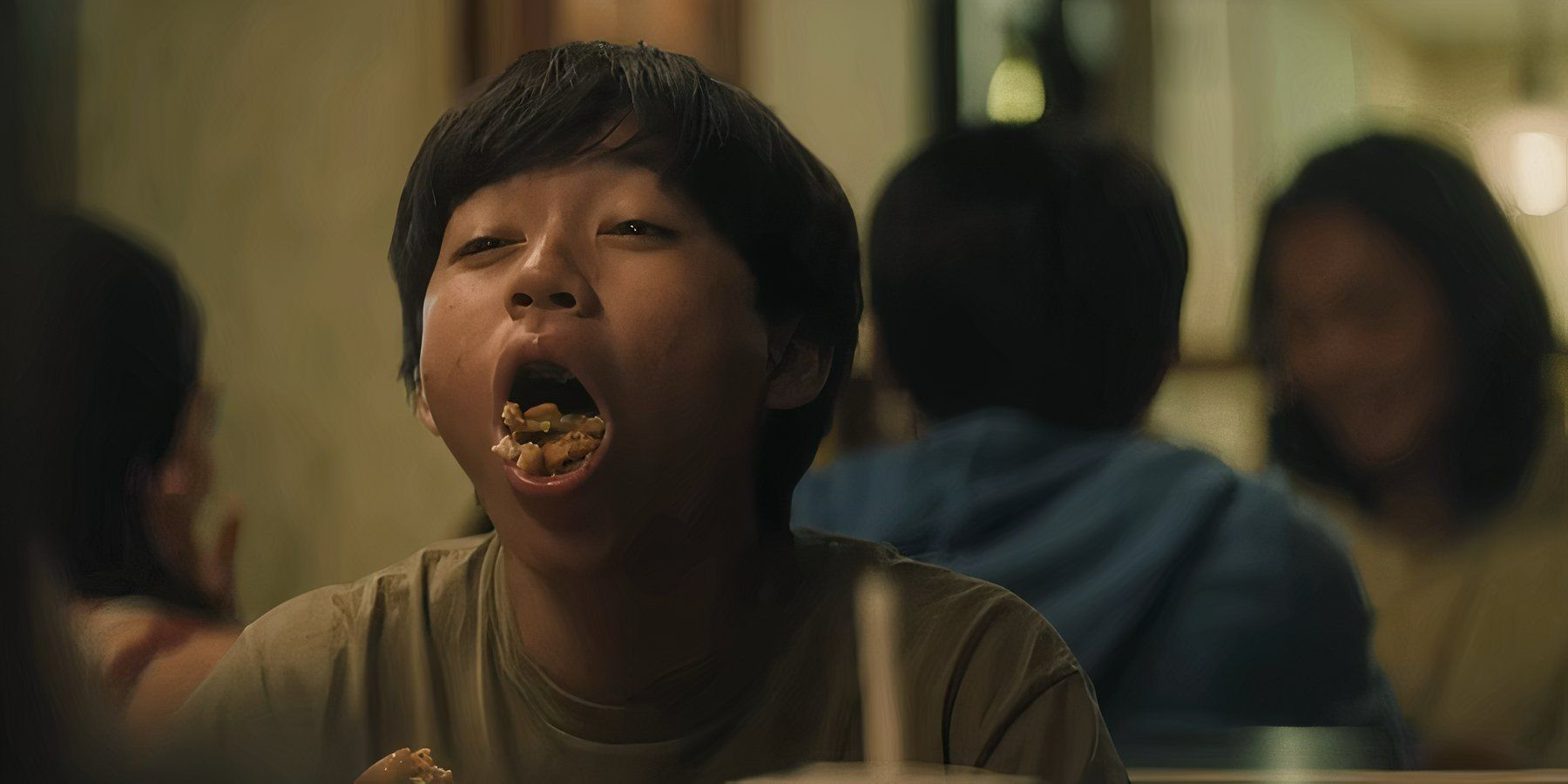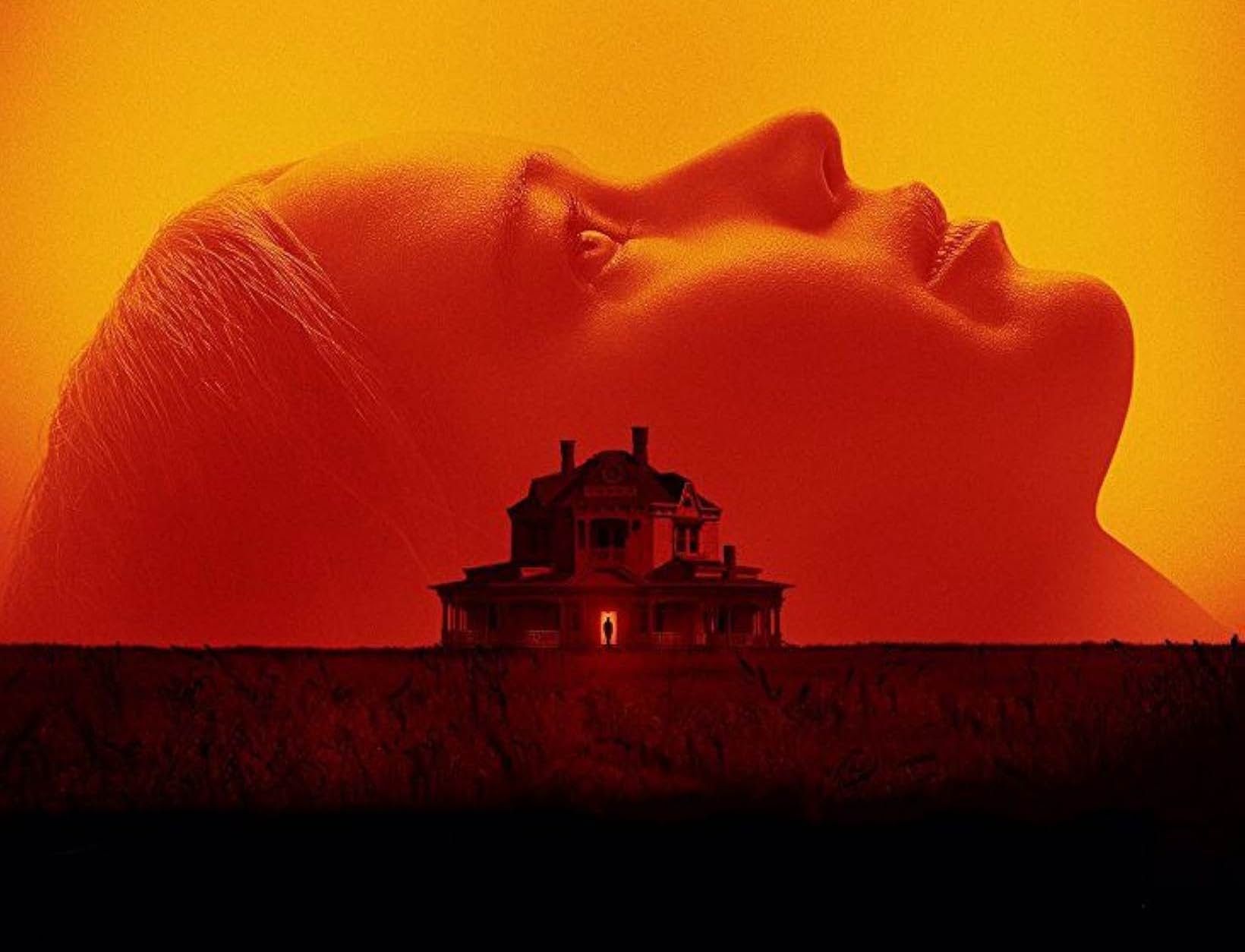(HKFGP) Film Review #80: TWELVE DAYS
Hong Kong Film Gala Presentation
Film Review #80: TWELVE DAYS
*This film review may contain plot spoilers, reader discretion is advised.*
If you've seen director Aubrey Lam's romance film Twelve Nights (2000), you may be familiar with the structure of its sequel, Twelve Days (2021).
In the same way, the film consists of twelve sequences in an intimate relationship, each of which begins with a sentence representing the heartfelt words of either the hero or the heroine. Twenty-one years on, the protagonists have changed from being a young man and a woman with separate partners to another couple who have been married for years.
If
Twelve Nights explores the plight of young couples in romantic relationships, then
Twelve Days carries that dilemma over into the context of marriage. This time, Lam seems more interested in focusing on women's situation of being disciplined in marriage, especially in a patriarchal society. Women as individuals are prevented from pursuing their freedom in intimate relationships by the minutiae of daily life.

Film still from
Twelve Days
Same as twenty-one years ago, Lam maintains her "pessimistic" attitude toward intimate relationships. She seems to favour the portrayal of men who are "emotionally inattentive" and women who place too much of their own value on close relationships.
In both films, the male characters agree that "life is mundane and bland." The female character, however, expects to find freshness in the relationship, trying not to equate LOVE with HABITATION.
In
Twelve Days, Simon and Jeannie's motivation for getting married was simply the need to form their own private space. Although the film's plot is presented in a more fragmented way, the seemingly everyday scenes are filled with metaphors for the relationship between this two.
An unpleasant incident at their wedding is a foreshadowing of the discord in their marriage. The bowling match between Jeannie and Simon alludes to the fact that they have become "rivals" rather than " partners" in marriage. When waiting for the New Year's countdown, they constantly look at each other across the streets in Central, representing both a physical and spiritual separation. (This shot also echoes a similar scene from Twelve Nights .

Film still from
Twelve Days
Twelve Days is my first time seeing Stephy Tang as a contemporary woman struggling with intimacy since Table For Six(2022). She presents a compelling performance in her “HK modern women”area. Unlike the more dramatic approach to comedy, as the only female lead in a film that unfolds from the perspective of a female character, she controls the pace of the film with her powerful and natural performance. Outside of this, the fragmented pace leads the film to omit some of the characters' motivations. The film concentrates more on showing the conflicts in the marriage of the two rather than the deeper reasons for these conflicts.
Rather than saying that the film discusses "whether marriage is a compromise," I prefer to think that the film presents "whether women need to compromise in marriage." Lam renders her less-than-optimistic answer to this question to the film's ending. The toxic relationship goes in circles, and the runaway "Nora" ends up back at "the doll's house." The story of Romeo and Juliet is a classic simply because the script doesn't have the plot of them being married for years.
Overall, if you're interested in a film that discusses intimacy in contemporary Hong Kong,
Twelve Days might be a choice for you.
——————————————————————————-
About the Author: Shirwen has always been an English literature student, and is sometimes, a theatre kid trying to find out more about what she can do in film studies. She's also a Chick-flicks lover, so maybe you can find her fan fiction when surfing the Internet.
This review was written for Hong Kong Film Gala Presentation happening on 29 September - 1 October 2023.
Tickets are available here:
https://shaw.onl/HKFG23

